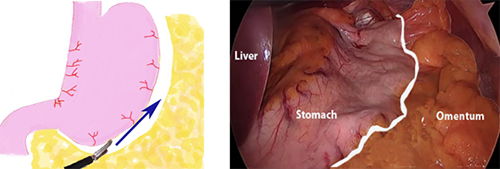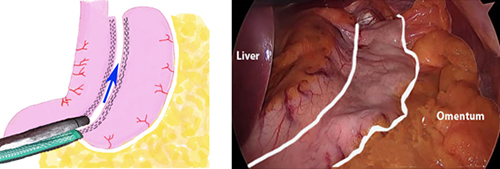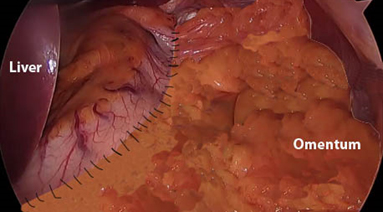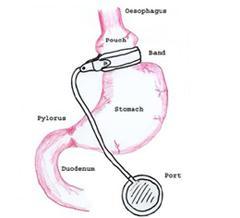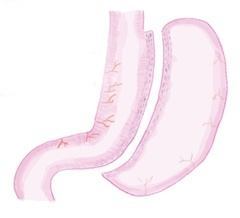- Home
- About
- Services
- Patient Info
- Conditions
- Patient Info Sheets
- Post-operative Instructions
- Post-operative instructions Laparoscopic Cholecystectomy
- Post-operative instructions Open Hernia Repair
- Post-operative instructions Umbilical Hernia Repair
- Post-operative instructions Open Liver Surgery
- Post-operative instructions Laparoscopic Hernia Repair
- Post-operative instructions Laparoscopic Liver Surgery
- Information Videos
- Useful Links
- Appointment
- FAQs
- Contact Us


